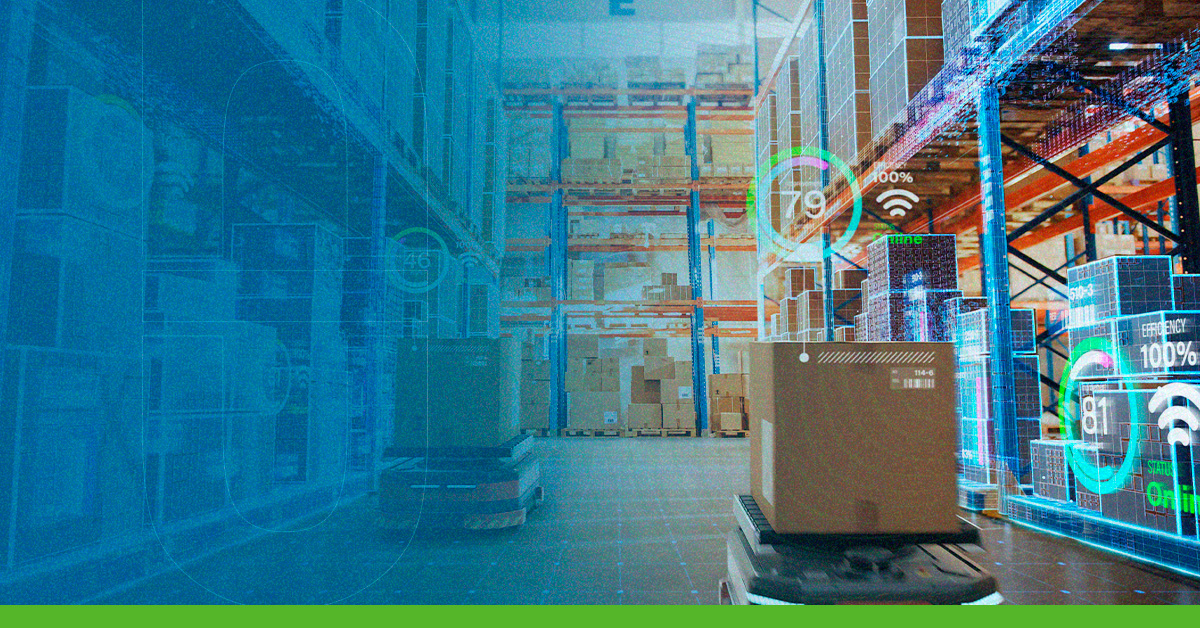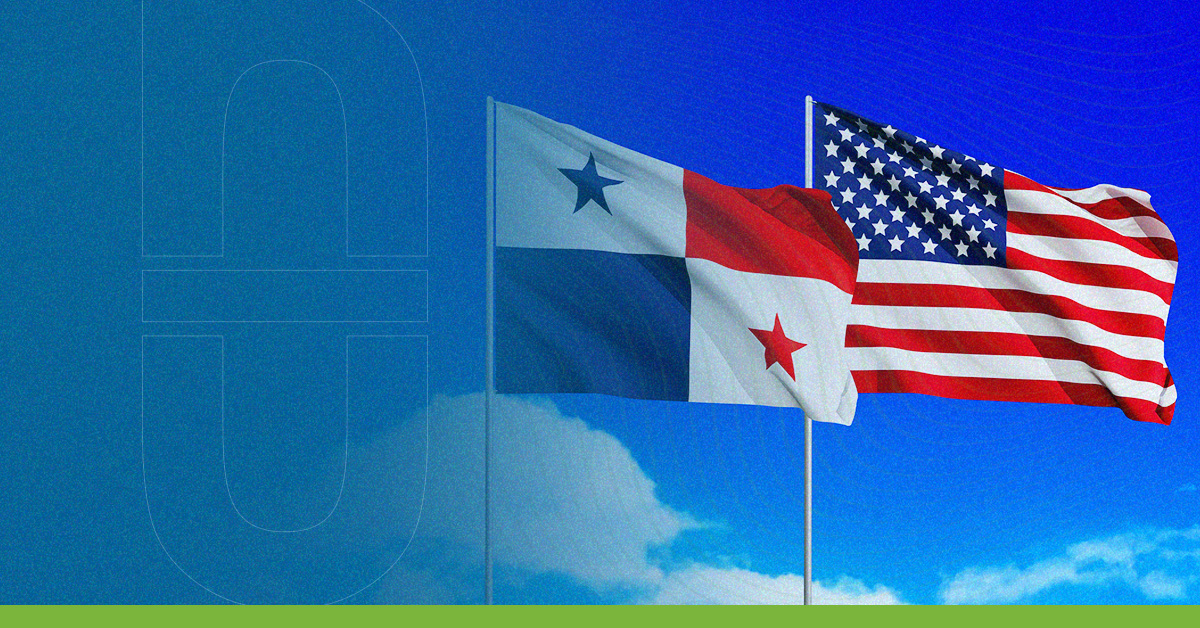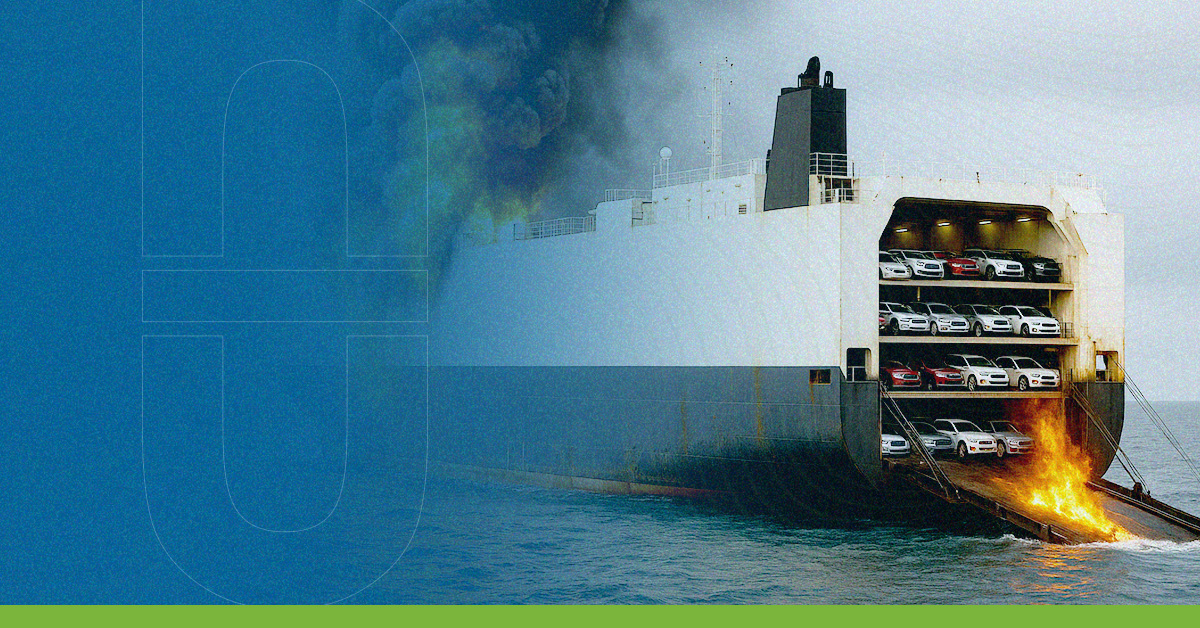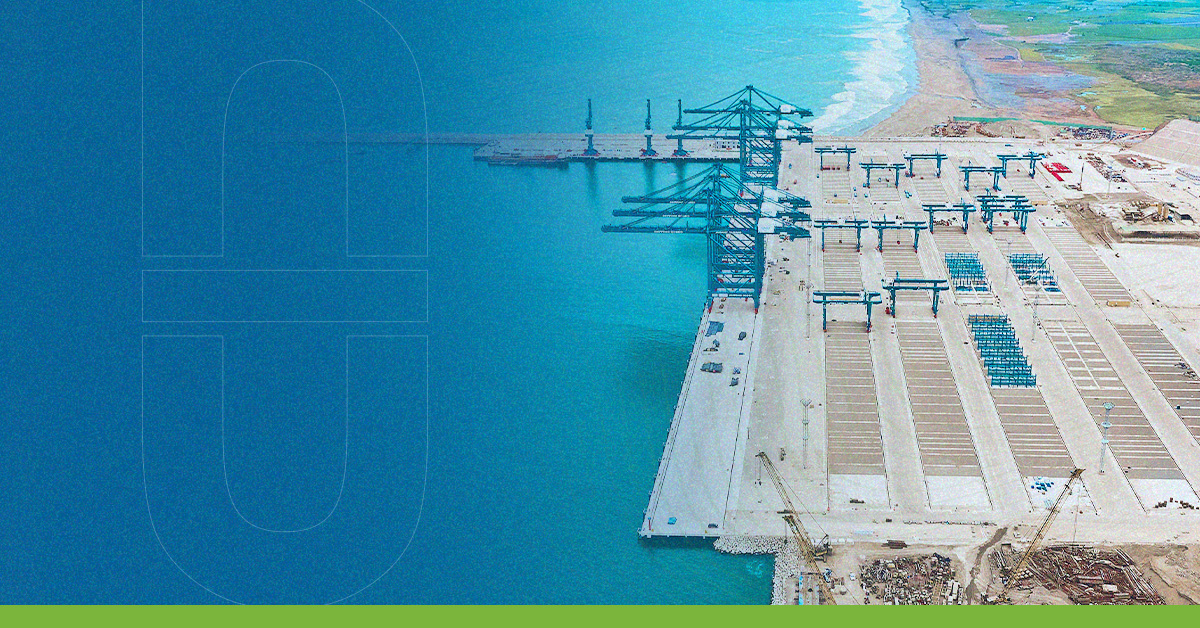The logistics and trade in Mexico is facing challenges due to the new requirements of the CFDI, the Digital Tax Receipt via Internet, but what exactly is this receipt? Who must comply with its application? And most importantly, what changes does it bring to commerce in Mexico?
Firstly, it’s important to note that the CFDI is a digital fiscal receipt issued online detailing all relevant information about sales transactions, whether for products, intangible services, or other types of goods. This document reflects all taxes and other data according to the guidelines of the SAT (Tax Administration Service).
Notable challenges for trade in Mexico due to the rigor of the receipt
The high rigor of the CFDI receipt has practically turned trade in Mexico upside down when it comes to carrying out tasks to market their products and services abroad due to its strictness. According to transporters, it “requires zero errors” when displaying the data related to the Carta Porte, which has generated a series of logistical inconveniences given the accuracy with which information about vehicles and various operations that change depending on the needs of the company in question must be entered.
Among the requirements now demanded with the new receipt are those related to Customs Dispatch (DODA), which is already causing serious delays in ports like Manzanillo, precisely due to the lack of documentation with several transporters.
“I tried to enter at 3:38 (pm) and now they tell me that I have to go out again and wait for a new appointment,” comments one of the transporters, indicating that it was impossible for him to complete his entry to the port terminal in Manzanillo due to problems caused by the previously mentioned documentation errors.
Another transporter affected by setbacks during the CFDI receipt processing process expresses the following:
“Until December 31, we could have some changes due to fortuitous situations, like the truck number, the operator, or the trailer. Now, with the new provisions, any change requires modifications in the DODA and effective communication with the customs agent or terminal.”
Who must comply with the CFDI and what changes does it entail?
According to the CFDI guidelines in terms of trade in Mexico, those who must comply with such requirements are companies that currently invoice electronically to endorse their commercial operations before the authorities responsible for ensuring their proper development. Among the different changes that the new receipt brings, we can mention some such as confirming the fiscal address, adding additional information about payments, and eliminating certain terminologies like the usage key that indicated “To be defined.”
According to a part of the logistics sector related to trade in Mexico, the new specifications in the receipt do not precisely adhere to the reality experienced by transport companies. This clearly reflects that the dissatisfaction will persist and long negotiations could be about to take place if this problem continues to arise.
Sources:
NUEVAS DISPOSICIONES EN EL CFDI EXIGEN “CERO ERRORES” A LA LOGÍSTICA Y TRANSPORTE. T21
Nuevas Disposiciones en el CFDI Exigen “Cero Errores” a la Logística y Transporte. Soltegra
¿Qué es el CFDI 4.0? Conoce la nueva versión de la factura electrónica. Alegra Blog




